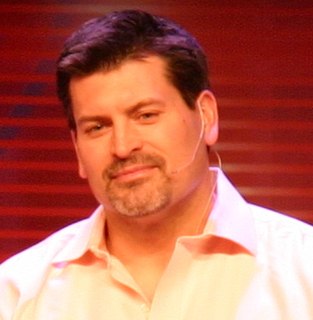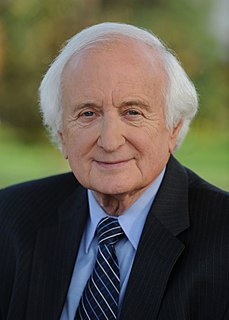A Quote by Kelela
Most of my friends, growing up, were upper-middle-class white kids, so it was a different reality at home both culturally and linguistically. It created a lot of insecurities for me, but it also did a lot of amazing things that I didn't know were happening at the time.
Related Quotes
If you were a successful upper-middle-class Negro girl in the 1950s and '60s, you were, in practice and imagination, a white Protestant upper middle-class girl. Young, good-looking white women were the most desirable creatures in the world. It was hard not to want to imitate them; it was highly toxic, too, as we would learn.
We thought that the odds of things working OK were up in the upper 90 percent or we wouldn't have gone. But the - there were some problems cropped up on the flight but was able to take care of those OK and - although they were things that we hadn't really trained that much for. But it was the time of the Cold War and so there were was a lot of pressure on the - to get going and the Russians were claiming that they were - Soviets were claiming they were ahead of us in technology.
I think, one thing that I've really come to appreciate about my parents as I've got older is you know, how wise they really were. As a kid when I was growing up, as any kid, you think you know every thing and I was no different to that. I had different opinions on a lot of different things then them but the way they raised me, in hindsight, they were right.
Not only did we survive AIDS, Reaganomics, poverty, racism, gang violence, police brutality, substance abuse - not only did we survive that, we created something endured. And whatever you might think of commercial hip hop now, there's a lot there to like and there's a lot there to critique and there's a lot of things you could say both about. But we created something that endured when we ourselves were not supposed to endure. When we ourselves were not supposed to survive and thrive. So I think that is worthy of respect and preservation and it's US history.


































